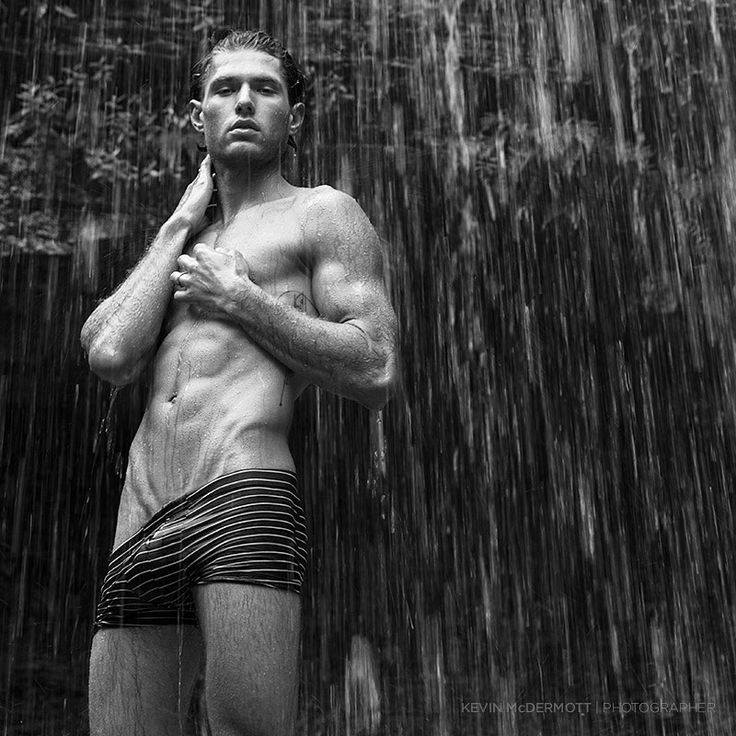

As such, this issue aims to make four key interventions in the growing field of Irish environmental criticism. Of particular concern is how the Irish web of life is organized through specific energy regimes, infrastructures, and forms of extractivism modes of agriculture and aquaculture that shape land and water geographical divides between urban and rural development and unequal divisions of labour and consumption articulated along biopolitical axes of gender, class, and race. Articles in this issue trace how the affects, subjectivities, behaviours, and cultural forms corresponding to socio-ecological relations are mediated and constituted in literary and cultural production. we invited contributors to explore the many ways in which the nexus of food, energy and climate in Ireland is represented in text, media, creative praxis, music, and performance. A central aim of this issue is to call for new ways of reading food, energy, and climate in Irish culture, both in order to challenge dominant myths of ‘green’ Ireland, and to reveal alternative narratives of Ireland’s environmental history and place in the capitalist world-ecology.

Pre-print draft of my editor's introduction to the special issue, 'Food, Energy, and Climate: Irish Culture and World-Ecology', of the Irish University Review 49.1 (forthcoming May 2019), co-edited by Sharae Deckard and Lucy Collins.

Please do not cite without requesting permission.] Applying the insights of energy humanities to contemporary Irish novels, this essay takes a first step towards theorizing “the energy unconscious” of post-1970s Irish culture, by exploring the “material relating to energy forms that can be mined and discerned throughout the history of literature.” In so doing, I follow Graeme Macdonald’s call for energy criticism that examines the relationship between culture and environmental history in order to “advance our understanding not only about the present and future energy crises we face, but also the manner in which we (fail to) envisage and conceive energy as a matter for culture as much as it is cultural matter.” Taking a broad approach to “energy futures” across a mixture of genres, I analyse the ways in which energy imaginaries feature in contemporary Irish fiction, including Eilís Ní Dhuibhne's The Bray House, Kevin Barry's City of Bohane, Kevin McDermott's Valentina, Sarah Davis-Goff’s Last Ones Left Alive, Sarah Maria Griffin's Spare and Found Parts, and Mike McCormack's Solar Bones, focusing in particular on how these novels imagine unevenness, spatialized inequality, and dependency as constitutive features of the neoliberal energy regime in its Irish manifestation.

Long draft of a chapter to appear in the Cambridge History of Irish Literature and the Environment, edited by Malcolm Sen, forthcoming from CUP.


 0 kommentar(er)
0 kommentar(er)
